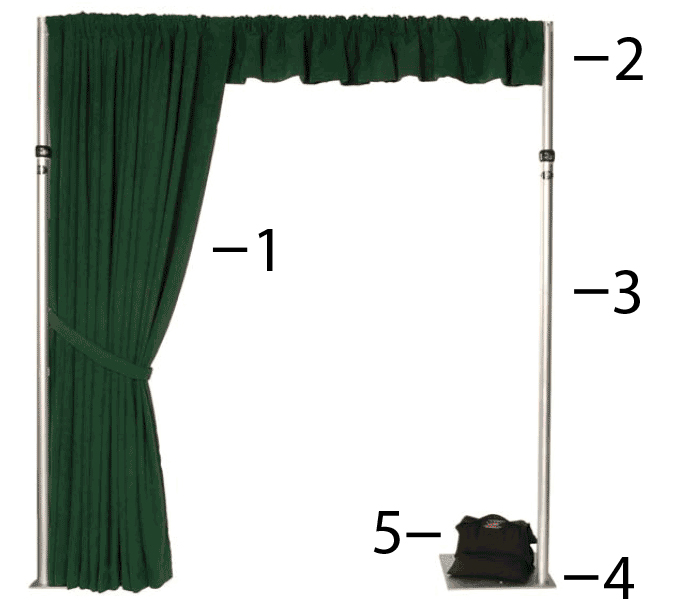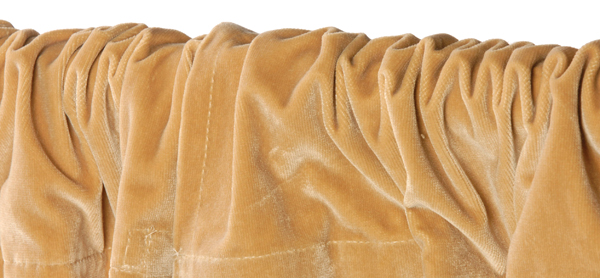Sandbag - 25lb
$8.00 USD
Upright Base Assembly - Pipe Drape System
From
$8.00 USD
Telescoping Upright Verticals - Pipe Drape System
From
$15.00 USD
Telescoping Horizontal Drape Support - Pipe Drape System
From
$10.00 USD

















